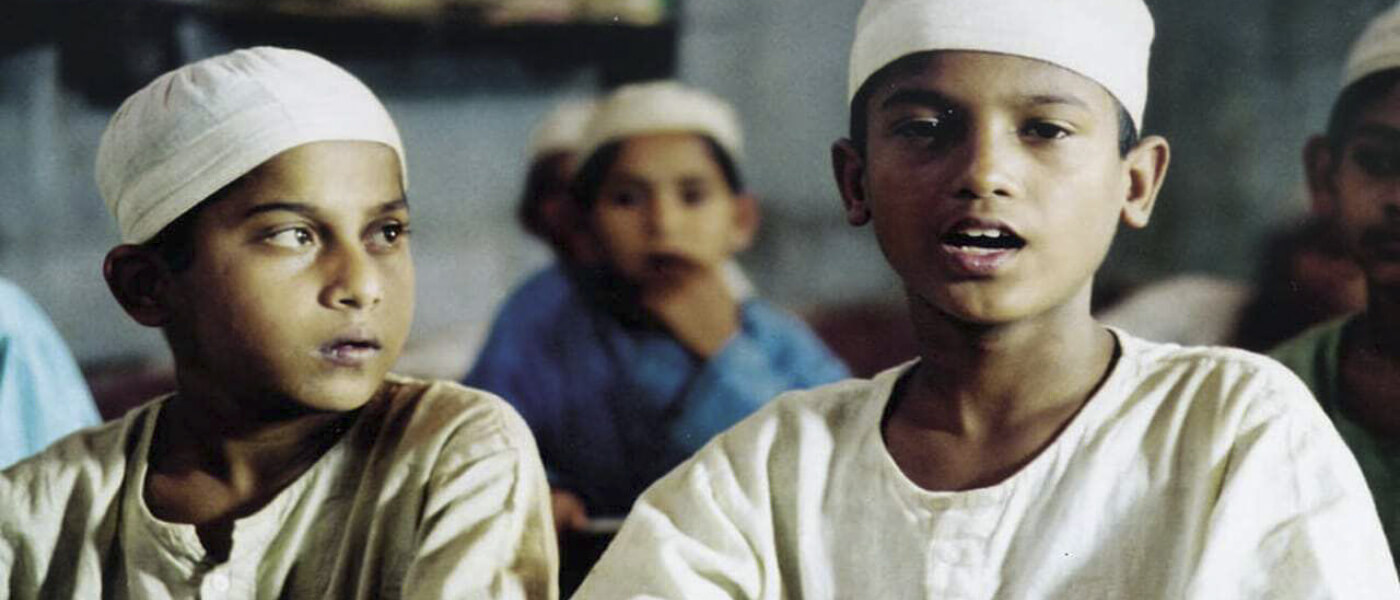Miriam Beerman: 1923–2022 NOTHING HAS CHANGED
DiMattio Gallery at Rechnitz HallThis exhibition shines a spotlight on the late Miriam Beerman, a New Jersey artist whose works are included in the permanent collections of over 60 museums worldwide and a female pioneer in the 20th-century art world. Beerman (1923–2022) was one of the 20th-century’s most provocative artists, whose humanist expressionist works highlight her talent as a colorist. A pioneer as one of the first female artists to be given a solo exhibition at the Brooklyn Museum of Art, Beerman is part of a canon of 20th-century women artists who were nearly lost to obscurity due to their gender in a male-dominated art world. Influenced by the social injustice seen around her, Beerman shines a spotlight on the horror and pathos of man’s inhumanity to man. The themes prove to be timeless, resonating today as much as when they were created in the 20th century. Her life and art were explored in the 2015 documentary Miriam Beerman: Expressing the Chaos.





